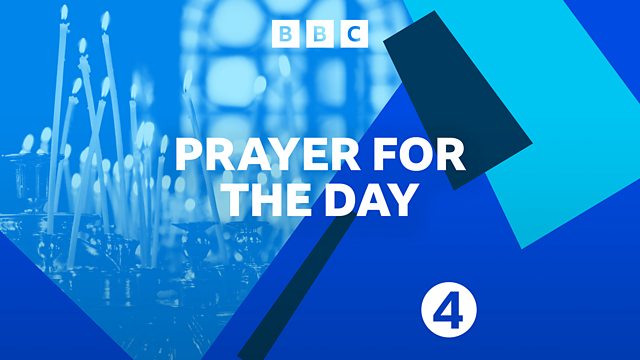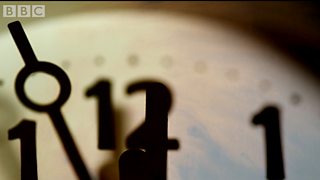
23/01/2015
With Andrew Graystone.
Last on
Andrew Graystone
Good morning.
It’s not easy, from our globalized, largely secular 21st Century vantage point, to appreciate the deeply religious context in which Magna Carta was produced. In the preamble King John states that he is King by the grace of God, and that his task, in the delicious language of the time, is to rectify the realm. John must have been all too conscious of the hot breath of the nine heavyweight bishops who stood over him as he set his seal on the document at Runnymede 800 years ago. From our viewpoint, the role of the religious leaders looks like a rather uncomfortable mix of political and religious power.
But in an age where it could be assumed that the church represented everyone, the bishops and archbishops gathered at Runnymede stood for every citizen from greatest to least. When it says, in both its first and its last clause, that “the church shall be free,” Magna Carta is effectively granting liberty to the whole population, not a privileged religious elite.
If the church in the 21st Century wants to have the same prophetic role it has to demonstrate its inclusivity. Magna Carta is an opposition document, not an establishment document. A church that used its influence to guard its own privilege would place itself on the side of the bad King John. The role of the church, then as now, is to stand for the common good; to remind the powerful that they rule by the grace of God and that their task is to rectify the realm.
God, at its best your church has been a prophetic voice for the nation. Help your church in this age to recover its true voice, bringing good news for the poor and hope for those who are afraid. Amen.
Broadcast
- Fri 23 Jan 2015 05:43����ý Radio 4

